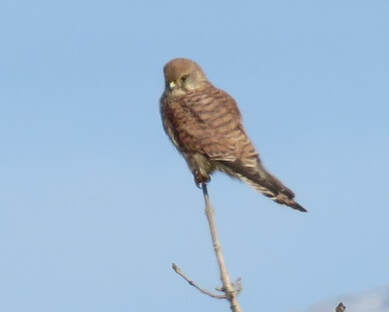 Kestrel near Scout Scar
Kestrel near Scout Scar In 1793 Wordsworth fled Paris, disillusioned by Revolution in France. Abandoning his lover and daughter, he was in deep depression. His visit to the Wye Valley was restorative and five years later he reflects upon the healing power of Nature in his poem Tintern Abbey. David Attenborough and Simon Schama consider how Nature helps us cope with the ‘craziness of all the world. We are part of the natural world, not divorced from it. It is our essential cure and Nature must prevail, for our own well-being.’
So, this week, through the JCB’s to Scout Scar. The Banksman who keeps us safe from heavy plant is genial but he comes from Lancaster, doesn’t know this location. The men who felled trees at The Ghyll came from Preston. Men erecting road signs are from a Carlisle company. Here today and gone tomorrow. We are rooted in this place. It brings us joy and we feel a sense of stewardship, committed to keeping it safe for future generations. We meet our neighbours out here. That first Covid lockdown brought us together in a recognition of all this place means. Now this destruction of our environment brings us together once again, to protect something of inestimable value. Responsible housing development should respect the environment, and the local community. Developers should be accountable.
BBC The Romantics and Us with Simon Schama
Series 1 episode 2 The Chambers of the Mind. The Wordsworth item is 51 minutes in
Saturday 26th At Leighton Moss, sunlight through alder thick with catkins, and birch slender and elegant. Water-levels are high after days of rain and we search for otter breaking the surface of the gleaming blue water. There’s a hush in the hide as we watch the family of otter swimming sleek and sinuous, a shadow, a ripple, then rising half-clear of the water and diving with a flick of their tails. All the while the high-pitched call of lapwing and the honk of greylag geese. A bittern booms from the reed bed.
Sunday 27th A flock of fieldfare flies over Scout Scar, one of the few I’ve seen this year. As we lose habitat we lose species and those who’ve lived here all there lives witness the loss. At Ghyll Brow we stand talking, contemplating the scale of tree-felling and the destruction of the entire wildlife corridor. Someone points out that further trees have a blue paint-mark, destined to fall. Plans we were invited to comment on at SLDC consultation meetings didn't show anything like this scale of destruction. A kestrel perches on a wire above the pasture where once barn owl and kestrel would have hunted, seeking voles in long grass. Now there is nothing but vast mounds of churned up earth.
Skylark are in full song-flight on a bright day on Cunswick Fell. They sometimes arrived in mid to late February but it's early for so many to be in luxuriant song.
A second Banksman escorted me safely past JCB's at work on Brigsteer Road. He told me he's from Ulverston and does not know this location. He described what is happening here as 'progress.' He told me he loves trees so I urged him to press for replanting since so many had been felled here.
Progress? I'd call it an Anthroposcenity. The anthropocene is the epoch in which man's impact on the planet is dominant and pervasive. Stand on the Brigsteer Road at Ghyll Brow and the earth is laid waste all around. It is an obscenity, caused by man. So, anthroposcenity.
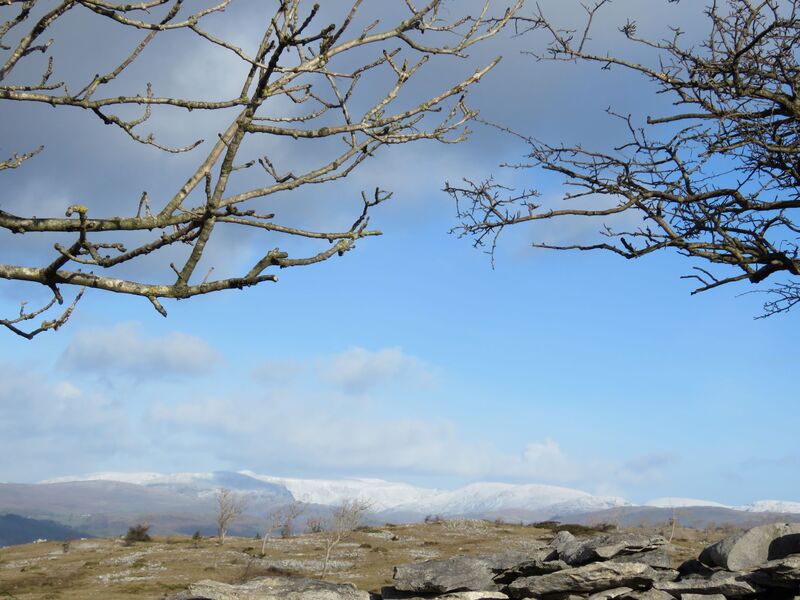
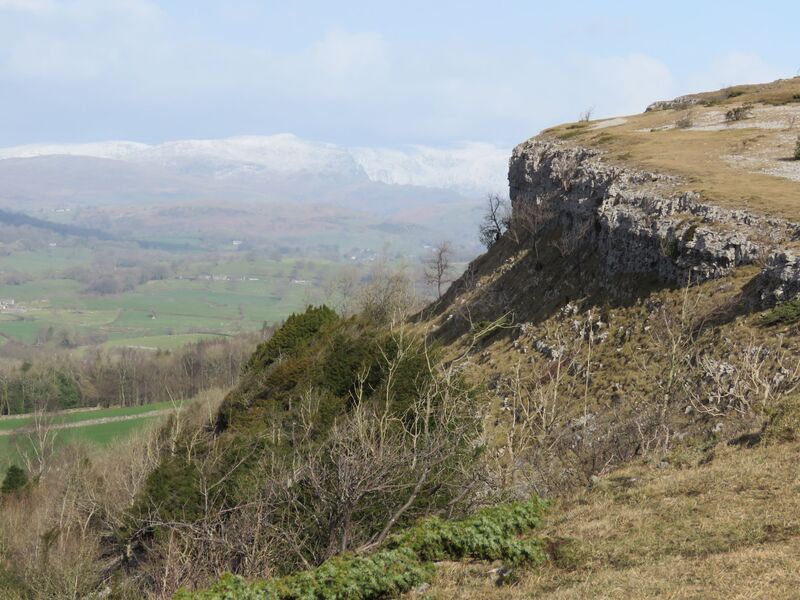
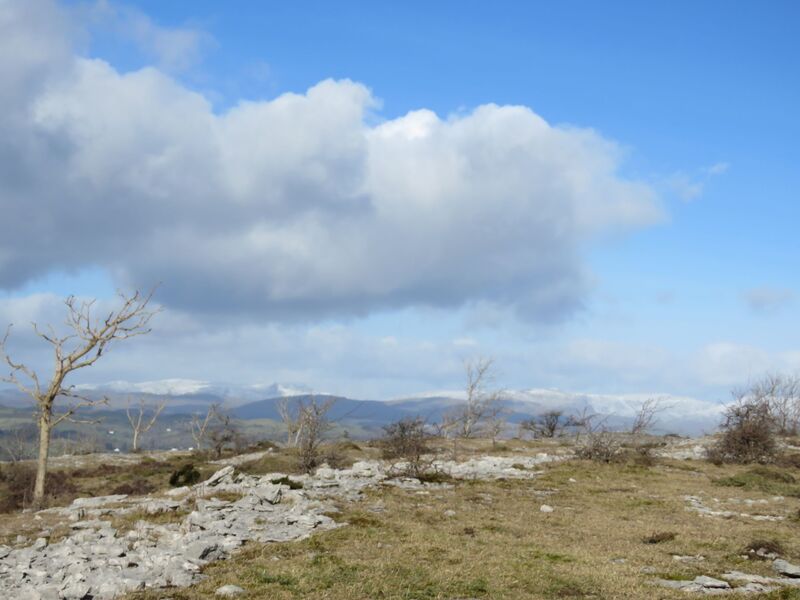
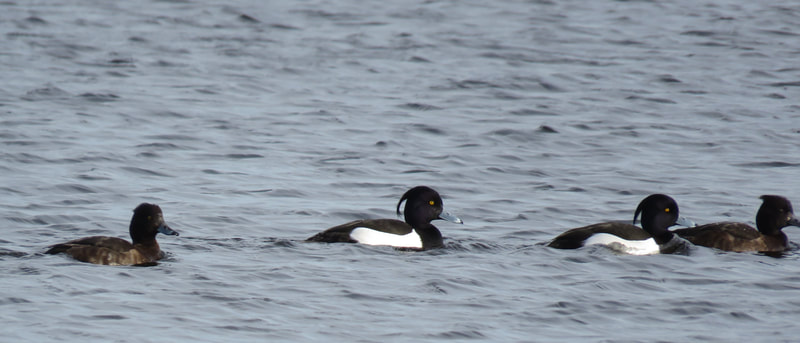
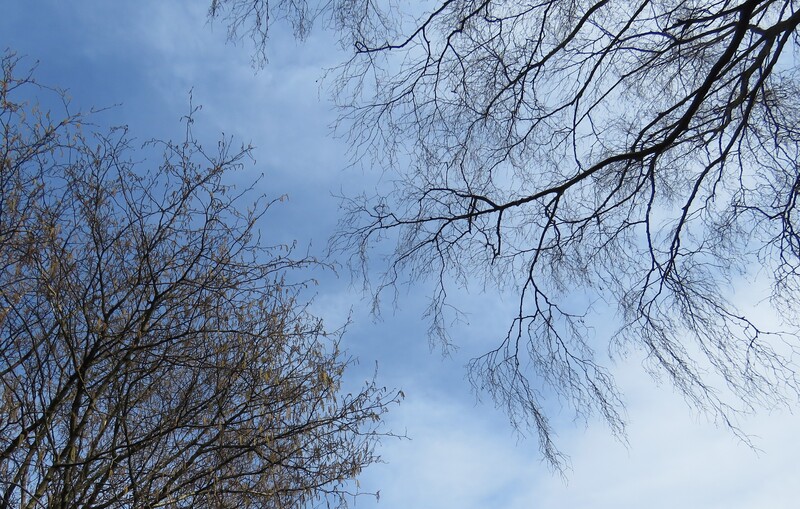
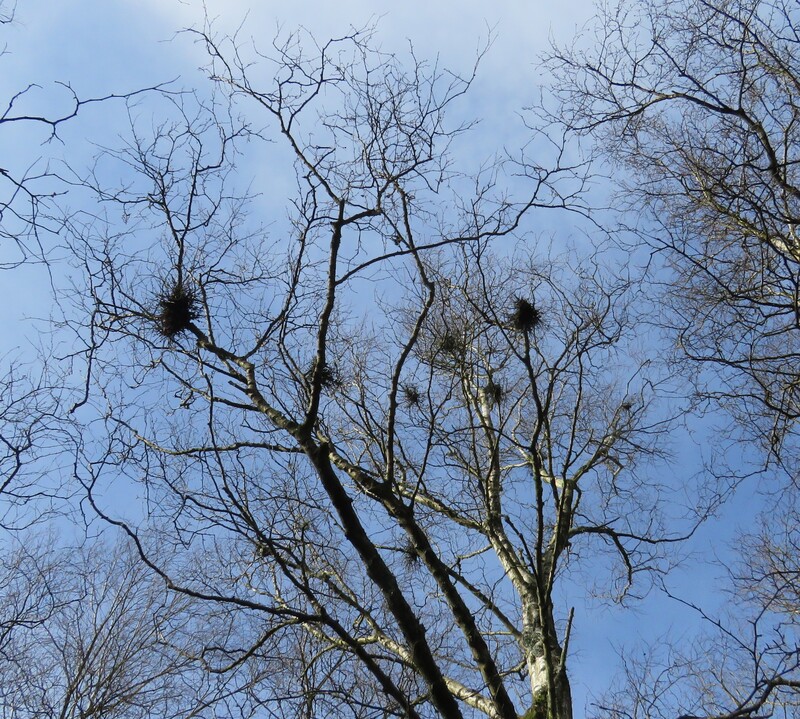
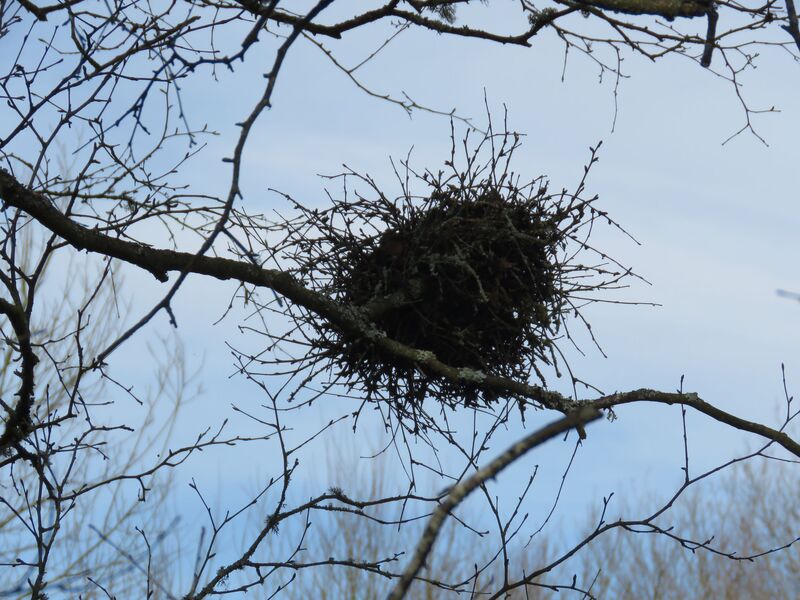
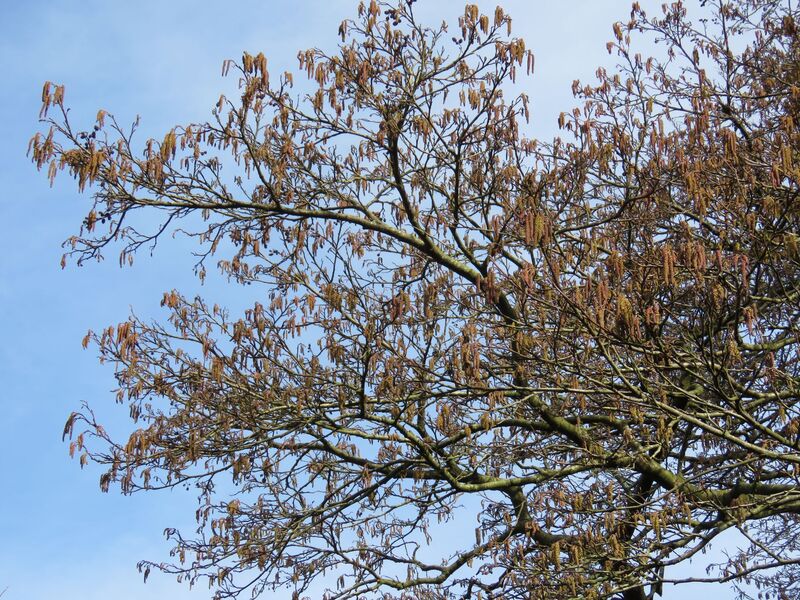
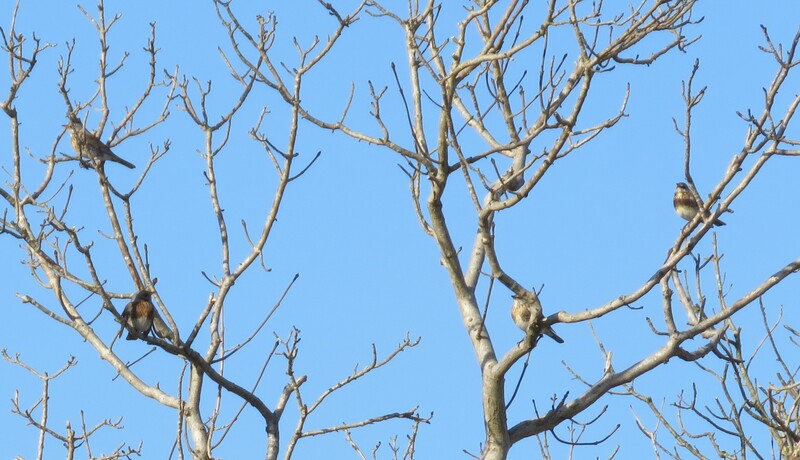
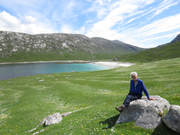
 RSS Feed
RSS Feed